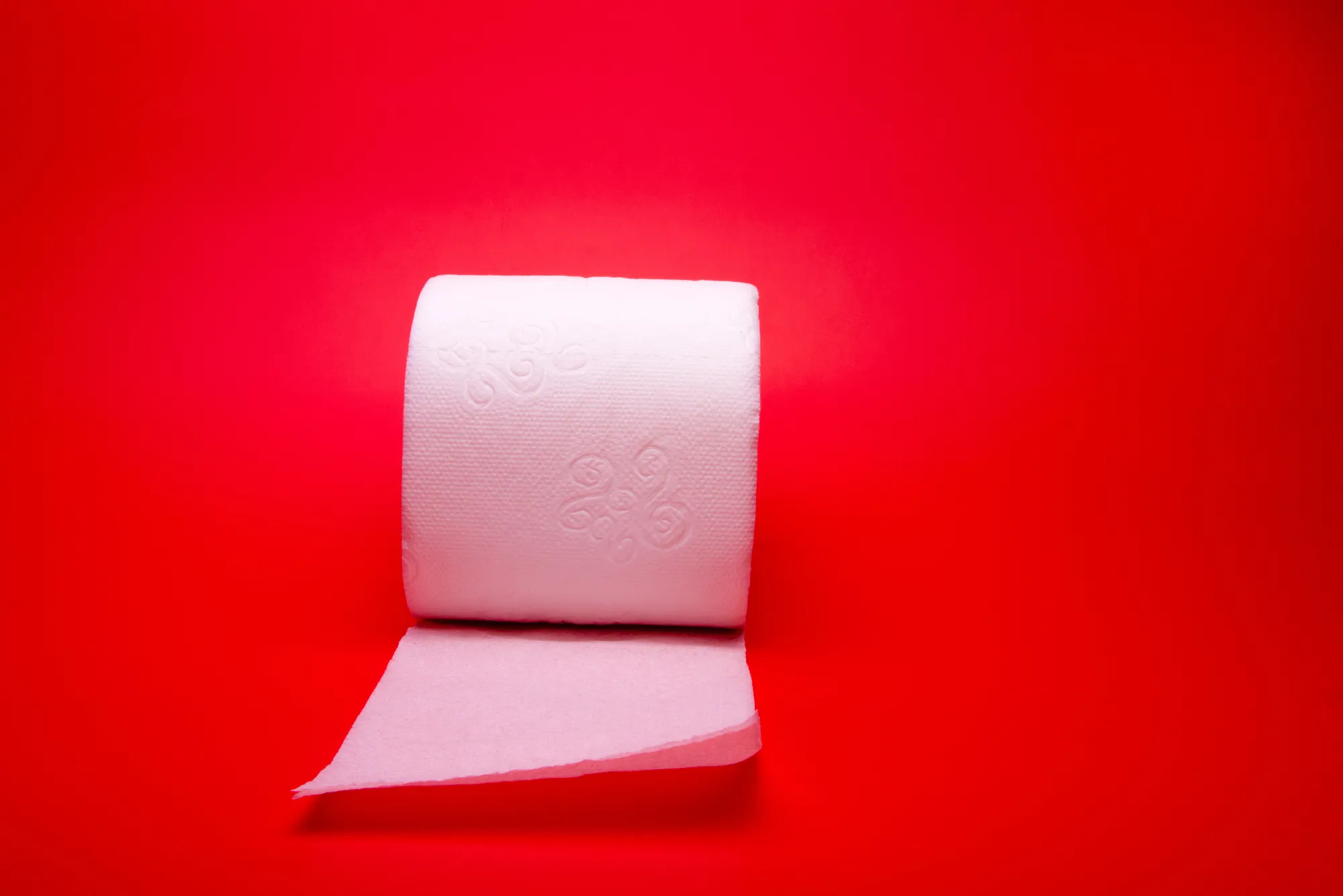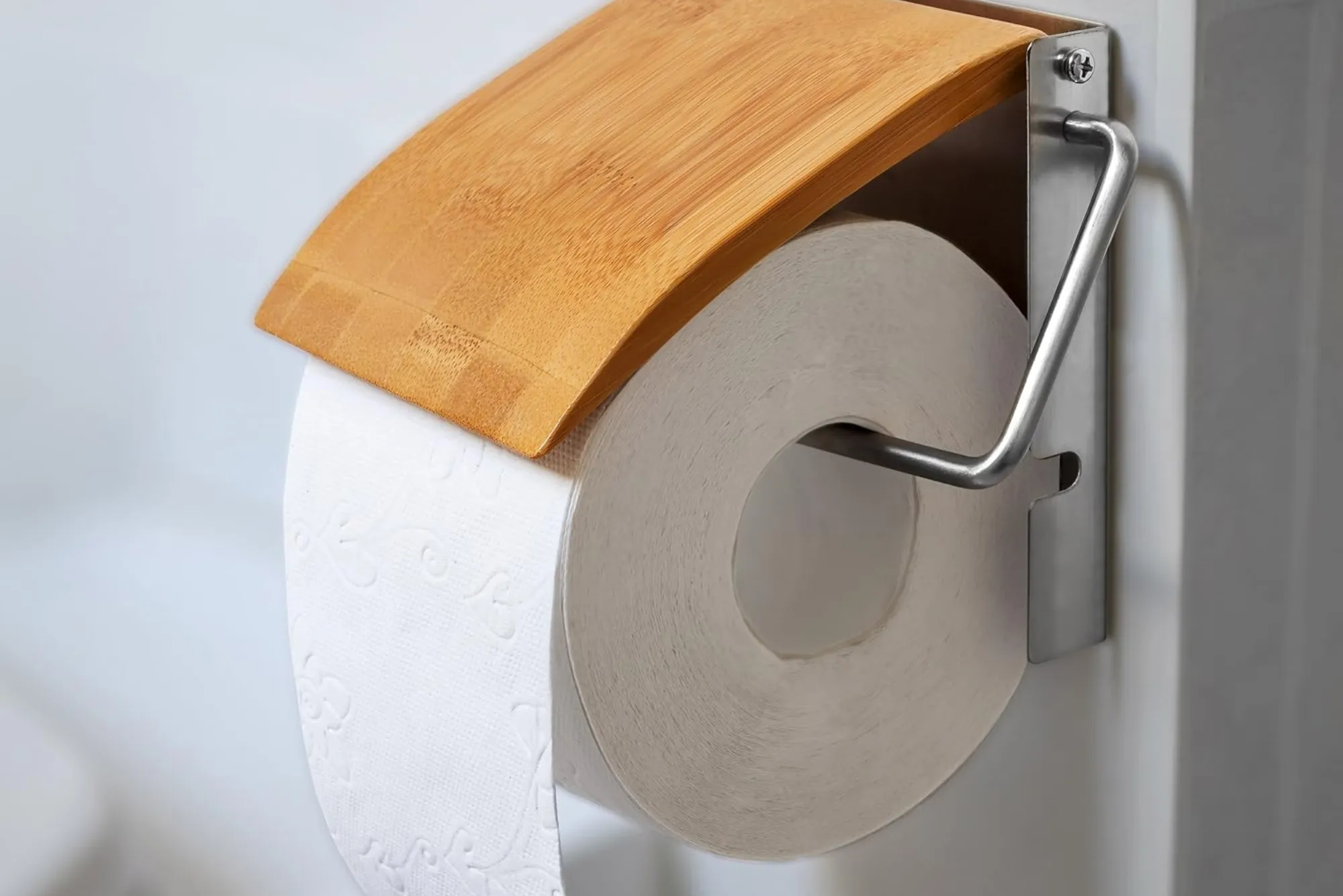With an increased emphasis on sustainability and environmental responsibility, consumers are constantly seeking eco-friendly alternatives to everyday products. Bamboo toilet paper has emerged as a strong competitor in this domain, offering a renewable, sustainable, and high-quality option to replace traditional toilet paper made from wood pulp. But what exactly makes bamboo toilet paper so beneficial? This article explores its numerous advantages, from environmental impacts to health benefits, quality, and long-term cost-effectiveness.
Environmental Benefits of Bamboo Toilet Paper
One of the primary benefits of bamboo toilet paper is its significant positive impact on the environment. Bamboo is a fast-growing plant that requires minimal resources, unlike traditional trees used in standard toilet paper production. Because of its rapid growth rate and ability to thrive without pesticides, bamboo is widely regarded as a highly renewable resource. This is crucial in preserving our forests, as the production of conventional toilet paper contributes heavily to deforestation.
Additionally, bamboo plants release more oxygen and absorb more carbon dioxide than trees, making bamboo plantations beneficial for carbon reduction and improving air quality. By switching to bamboo toilet paper, consumers can contribute to reducing deforestation, conserving biodiversity, and lowering carbon emissions.
Health and Skin Benefits of Bamboo Toilet Paper
Bamboo toilet paper is naturally hypoallergenic, which makes it an excellent choice for individuals with sensitive skin. Many traditional toilet paper brands use chemicals like chlorine for bleaching and other treatments that can cause irritation or allergic reactions. Bamboo, on the other hand, does not require harsh chemicals to achieve softness and strength, providing a more natural alternative. Its smooth, gentle fibers are less likely to cause skin irritation, making it ideal for those prone to rashes or allergies.
Furthermore, bamboo contains a naturally occurring antimicrobial agent, which can help inhibit the growth of bacteria. This property is beneficial for hygiene and helps maintain cleanliness, offering a safer, cleaner option compared to traditional toilet paper.
Strength and Durability of Bamboo Toilet Paper
Despite being soft, bamboo toilet paper is known for its impressive strength and durability. Bamboo fibers are longer and more resilient than those of standard wood pulp, resulting in toilet paper that is both soft and strong. This balance of strength and softness ensures that bamboo toilet paper performs effectively without tearing or disintegrating too quickly.
The durability of bamboo toilet paper also means consumers typically use fewer sheets per use, making it more economical over time. With increased durability, households may find themselves purchasing less frequently than they would with conventional options, contributing to long-term cost savings and waste reduction.
Softness and Comfort: A Natural Feel
Bamboo toilet paper is known for its softness, which is often compared favorably to other high-quality toilet paper brands. The natural fibers in bamboo give it a smooth, plush texture, providing a comfortable experience without the need for added chemicals or softeners. This softness, combined with its hypoallergenic qualities, makes bamboo toilet paper an ideal choice for families, especially those with young children or sensitive skin.
Unlike conventional toilet paper that may feel coarse due to added chemicals and processing, bamboo maintains its softness throughout its production. The natural feel of bamboo toilet paper offers a luxurious touch without compromising on sustainability, presenting a high-quality, eco-friendly product that enhances user comfort.
Water Efficiency and Minimal Resource Use in Bamboo Farming
Bamboo’s ability to grow quickly with minimal water and no fertilizers or pesticides makes it a sustainable crop. Unlike traditional toilet paper production, which often involves significant water usage and soil depletion, bamboo is a plant that requires little maintenance. Its root system remains intact after harvesting, which helps prevent soil erosion, maintain soil quality, and promote healthier ecosystems.
This efficient use of resources makes bamboo a more sustainable option for toilet paper production, as it can thrive in varied climates and regenerate quickly. The minimal resource requirement in bamboo cultivation helps conserve water, protect soil, and reduce the overall environmental footprint associated with bamboo toilet paper production.
Reduced Waste and Biodegradability
Bamboo toilet paper is fully biodegradable, which means it breaks down naturally without causing harm to the environment. This is a significant advantage over some types of conventional toilet paper, which may contain chemicals or synthetic fibers that take longer to decompose. Bamboo’s natural composition ensures it disintegrates more quickly, reducing the burden on sewage systems and wastewater treatment facilities.

Using biodegradable bamboo toilet paper also decreases the amount of waste that ends up in landfills, reducing pollution and minimizing environmental impact. This sustainable alternative to traditional toilet paper aligns with eco-conscious lifestyles and helps reduce waste production on a global scale.
Cost-Effectiveness of Bamboo Toilet Paper
Although bamboo toilet paper may initially seem more expensive than traditional options, its durability and strength often translate to fewer purchases over time. Because bamboo fibers are longer and sturdier, fewer sheets are needed per use, meaning one roll lasts longer. This longevity can lead to long-term savings, making bamboo toilet paper a cost-effective choice for consumers who prioritize sustainability and quality.
Additionally, as the demand for bamboo products continues to grow, production costs are likely to decrease, making bamboo toilet paper more accessible and affordable for consumers in the future. The potential for reduced costs, combined with the product’s numerous benefits, highlights the value of investing in bamboo toilet paper for both immediate and long-term gains.
A Step Toward Sustainable Living
Switching to bamboo toilet paper aligns with a commitment to sustainability and eco-friendly living. By choosing bamboo products, consumers actively support sustainable farming practices, reduce waste, and contribute to global efforts in reducing deforestation. Bamboo toilet paper is not only an environmentally responsible option but also a product that benefits users’ health, comfort, and cost savings.
This environmentally conscious choice reflects a commitment to making small changes that collectively create a significant impact. By choosing bamboo, individuals take a step toward a greener lifestyle, promoting an eco-friendly culture that values quality products without compromising the planet’s resources.
The benefits of bamboo toilet paper extend beyond sustainability, offering a cleaner, softer, and more durable alternative to conventional options. Its environmentally friendly production, combined with hypoallergenic properties, strength, and biodegradability, make bamboo toilet paper a wise choice for those looking to minimize their environmental footprint. As bamboo continues to gain popularity in sustainable product markets, bamboo toilet paper represents a meaningful shift towards environmentally conscious consumer habits.
Switching to bamboo toilet paper not only helps reduce deforestation and conserve resources but also contributes to a healthier home environment. Embracing bamboo toilet paper is a small yet impactful step towards a sustainable future, proving that everyday choices can lead to big changes. This eco-friendly solution benefits both the user and the planet, making it a valuable addition to any household seeking quality, sustainability, and comfort.








